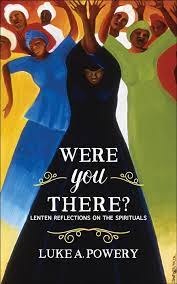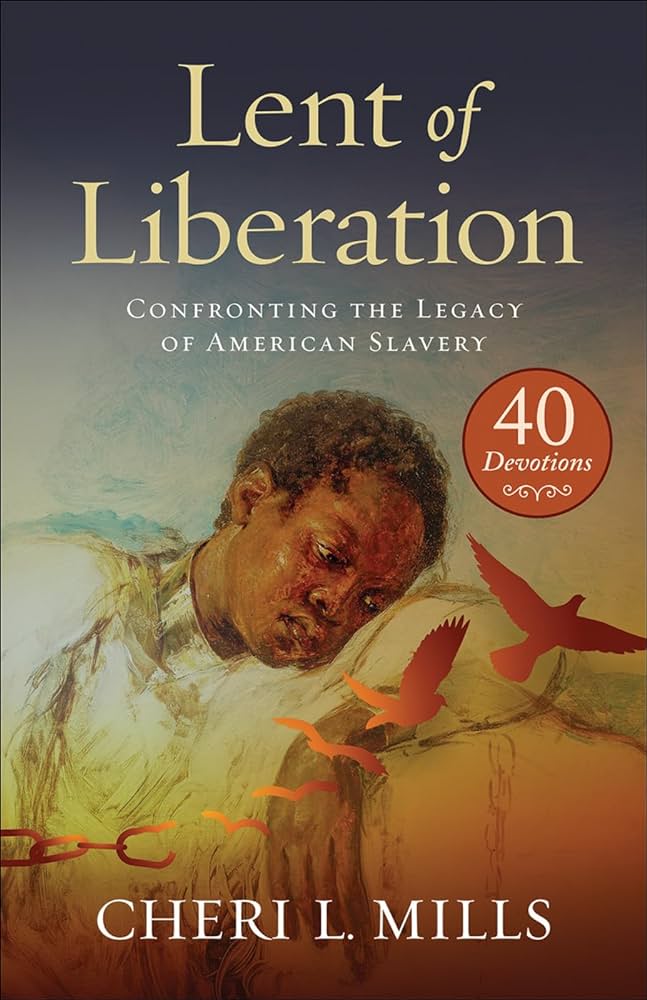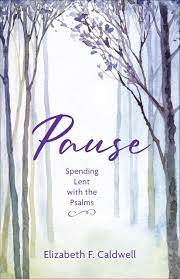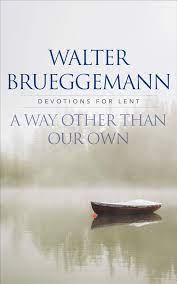 1. Were You There?: Lenten Reflections on the Spirituals Luke Powery
1. Were You There?: Lenten Reflections on the Spirituals Luke PoweryValuable not only for their sublime musical expression, the African American spirituals provide profound insights into the human condition and Christian life. Many spirituals focus on the climax of the Christian drama, the death and resurrection of Jesus Christ, and the ways in which those events bring about the liberation of God’s people.
In these devotions for the season of Lent, Luke A. Powery leads the reader through the spirituals as they confront the mystery of Christ’s atoning death and victory over the grave. Each selection includes the lyrics of the spiritual, a reflection by the author on the spiritual’s meaning, a Scripture verse related to that meaning, and a brief prayer.
 2. Lent of Liberation Confronting the Legacy of American Slavery Cheri L. Mills
2. Lent of Liberation Confronting the Legacy of American Slavery Cheri L. MillsThis Lenten devotional invites readers to learn more about the brutal institution of slavery and its impact on Black people in America and recognize how its evolution and legacy continue to harm their descendants in the United States today. Each of the forty devotions includes the testimony of a person who escaped slavery through the Underground Railroad, a Scripture passage, and a reflection connecting biblical and historical themes to challenge modern readers to work for liberation. Reflecting on Lenten themes of exodus, redemption, discipline, and repentance, readers, both Black and white, will be empowered for the work of racial justice.
 3. Pause Spending Lent with the Psalms Elizabeth F. Caldwell
3. Pause Spending Lent with the Psalms Elizabeth F. CaldwellPause: Spending Lent with the Psalms invites us to take up the spiritual practice of encountering, sinking into, and deeply engaging with one psalm each week during Lent and Holy Week.
The season of Lent encourages Christians to consider a different pace—one of slowing down, noticing, pausing—than what our dominant culture values. The invitation to pause with the Psalms begins on Ash Wednesday, starting with a mark of ashes on our foreheads that reminds us that in spite of our failures—things we have done or failed to do—we belong to God. Readers are then guided into an exploration of Psalm 51 and the theme of a clean heart. Each chapter helps readers to connect an image drawn from that psalm, such as paths, faces, blessing, tables, waiting, thanksgiving, listening, being alone or abandoned, and hands, with their own lives. At the close of each chapter, readers are invited to try a different prayer practice to help them continue to reflect on the theme and psalm each day. This intentional engagement—without feeling burdensome—opens just enough space and time for a creative spiritual practice to flourish, sustaining the life of faith during the Lenten season in ways that can make a difference in God’s world.
Reflection and discussion questions are included with each chapter and the book includes a leader’s guide at the end for study groups.
 4. A Way other than Our Own Devotions for Lent Walter Brueggemann
4. A Way other than Our Own Devotions for Lent Walter BrueggemannLent recalls times of wilderness and wandering, from newly freed Hebrew slaves in exile to Jesus’ temptation in the desert. God has always called people out of their safe, walled cities into uncomfortable places, revealing paths they would never have chosen. Despite our culture of self-indulgence, we too are called to walk an alternative path-one of humility, justice, and peace. Walter Brueggemann’s thought-provoking reflections for the season of Lent invite us to consider the challenging, beautiful life that comes with walking the way of grace.